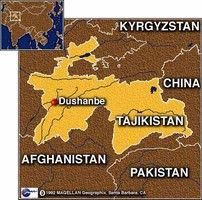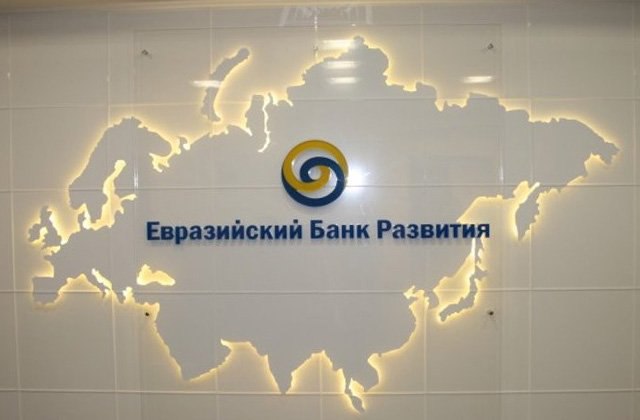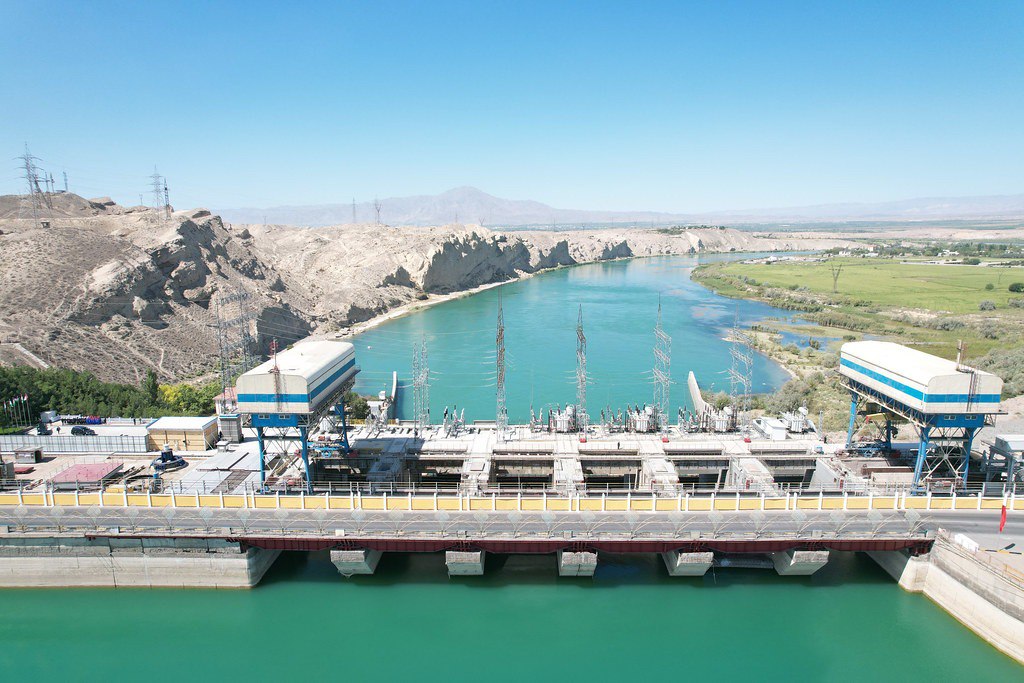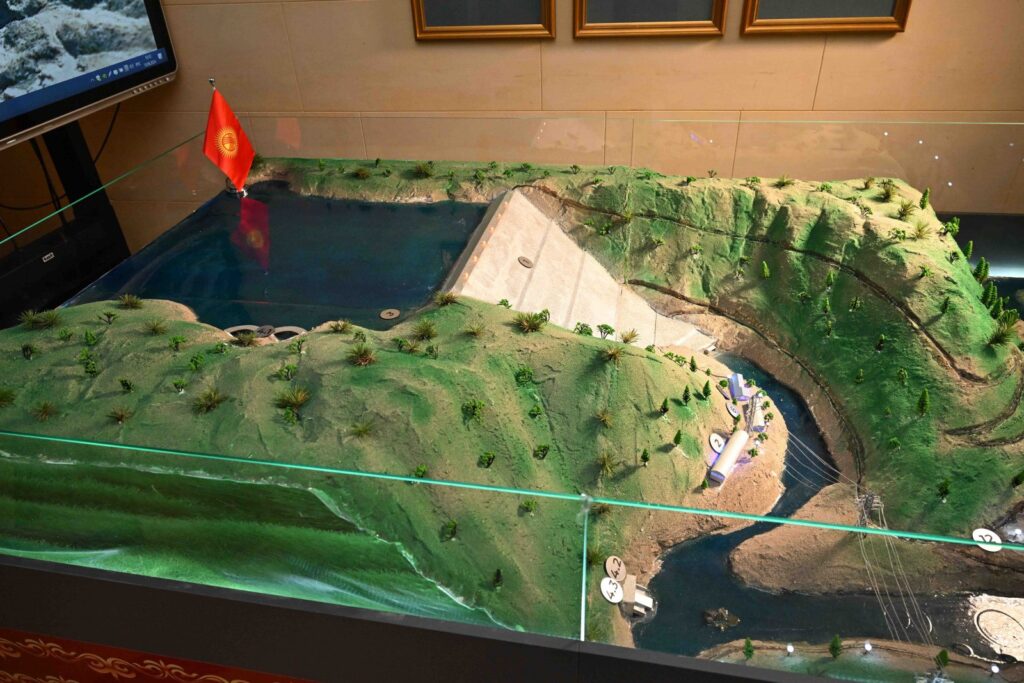DUSHANBE (TCA) — Tajikistan President Emomali Rakhmon on June 25 inaugurated a drinking water supply project that is expected to benefit 58 households, housing 354 people in disaster affected area of Ghudara village of Bartang valley, Rushan district, in Tajikistan’s Gorno-Badakhshan Autonomous Region (GBAO). The project that aims at improving access to safe drinking water and sanitation was implemented by Aga Khan Foundation and supported by the government of Finland, the Aga Khan Development Network said.
Bartang valley was struck by a 7.2 magnitude earthquake on December 7, 2015 that destroyed 223 buildings, including houses, schools and medical points, as well as partially destroyed more than 300 buildings, and caused many people to be temporarily evacuated.
Villages of Bartang valley are extremely remote and the distance from them to Rushan District Centre is approximately 180 km, and 250 km to Khorog, the regional capital of GBAO. The impoverished population of the remote village used to walk long distance to collect water.
“It is an honor for Aga Khan Development Network (AKDN) that Tajik President, initiator of UN Water for Life Decade, inaugurates our water supply project. We believe that access to clean water and adequate sanitation will lead to improved health conditions and reduced water-borne deceases in the village,” said Akbar Ali Pesnani, AKDN Diplomatic Representative.
The President also inaugurated Pasor’s mini-hydroelectric power station (HPS) in Bartang valley of Rushan district. The 104,000 USD project is expected to deliver renewable energy to 124 households, housing 722 people in three remote villages of Pasor, Bopasor and Ghudara in Bartang valley. This project was implemented by Aga Khan Foundation (AKF) of Aga Khan Development Network.
“Apart from construction of hydroelectric power station and provision of the impoverished and isolated population of Bartang valley with water supply system, the Aga Khan Development Network (AKDN) in the aftermath of the earthquake also supported construction of houses for the affected community, as well as contributed to capacity in disaster risk reduction and resilience building,” said Yodgor Faizov, Chief Executive Officer, Aga Khan Foundation.









